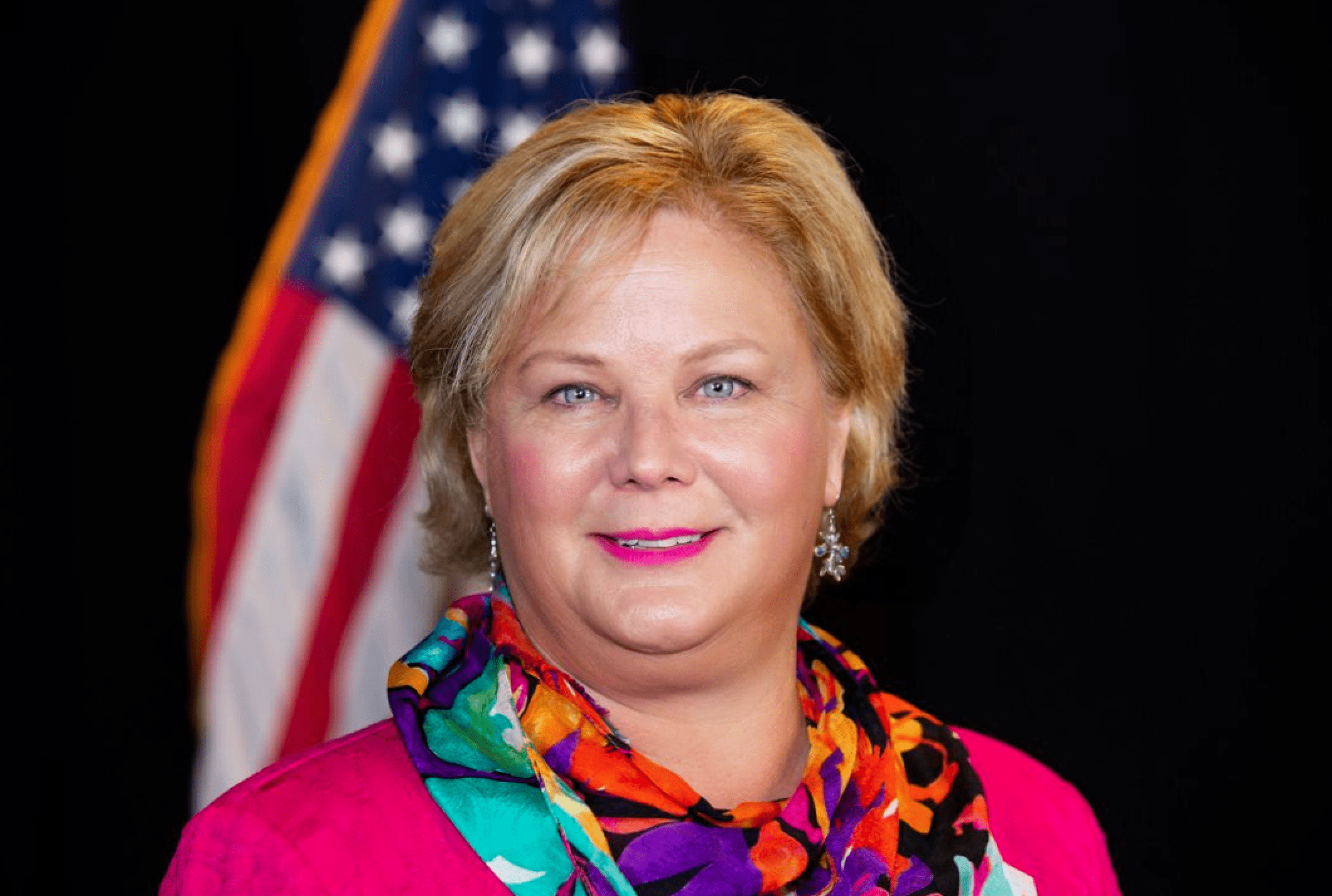
Care Can’t Wait Movement Deserves Support
Meet Margaret. She is the quintessential unpaid family caregiver in the US today. She is one the estimated fifty-three million unsung heroes. Today, they are the backbone of our communities, families, and the future.
Margaret is a Giver
Margaret’s identity as a teacher is her everything. In fact, Margaret’s love for her student transcended her time in the classroom. Her students, past and present, are her children. The school is her home and co-workers, her family. Think of Margaret as just one example among countless caregivers who have dedicated their lives to serving others. Like Margaret, many spend decades in professions that require compassion, patience, and selflessness. In fact, they are today’s teachers, nurses, social workers, or countless other professions who pour their hearts into caring for others.
Caregiving Life Stages
Margaret’s story resonates deeply with many caregivers today. Think of Margaret as those who leave the workforce to raise a child, care a sick spouse, adult parent, or trusted friend. She also represents the new parents who cannot find affordable childcare to safely leave their new baby and to off to work. And like many who juggle all these demands, Margaret saves for retirement but bumps in the road of life leads her to dip into her savings.
What is Infrastructure?
The current federal administration views caregiving as an infrastructure issue. According to the Merriam-Webster dictionary, infrastructure is the system of public works and the resources required for that activity. Just like roads, bridges, public transportation, and other public use assets keep us moving forward, this care crisis is stymieing workforce participation in a time when the pool of workers is low. In fact, we have more older people alive today than any other time in human history. In addition, young families are much smaller today for myriad reasons including high cost of child rearing and changing cultural norms on climate and population growth. These reasons clearly explain why caregiving is an infrastructure problem today.
Care Can’t Wait
The Care Can’t Wait Movement is worth your attention. You see, although much of the focus is on childcare, the issues present are very similar to the senior adult care crisis today and for decades to come.
1. The investment of four hundred billion dollars in Medicaid Home and Community-Based Services to create over one million quality and union protected direct care jobs, expanding access to home and community-based services to people with disabilities and aging adults, and support unpaid family caregivers so they can re-join the labor force.
2. Passage of the Childcare for Working Families Act to ensure that no family pays more than seven percent of their income for childcare, invest in building an increased supply of high-quality care, and increase workforce compensation and support, including a pathway to pay parity for early educators.
3. Passage of Paid Family and Medical Leave Legislation that would ensure all working people have access to at least twelve weeks of paid leave to bond with a new child, address a personal or family related illness, or handle needs that arise from a military deployment.
Many Cannot Afford Retirement
Margaret, and most women late stages of their career face harsh realities. All those years of caring and teaching others did not fill her retirement savings with enough to live on for decades to come. Typically, women earn less than men and live longer. Statistics show that women receive 33% less median pension income than men, accumulate 34% less in defined contribution accounts, and have a median income 25% lower than men aged 65 and older.
Poverty Rates Highest for Oldest Females
Moreover, women are at a higher risk of falling into poverty in retirement. Women between the ages of seventy-five to seventy-nine are three times more likely than men to live in poverty. Women are eighty times more likely than men to be impoverished at age sixty-five and older. Additionally, women face higher medical expenses in retirement, especially when it comes to long-term care. Those who fall into the “middle-income” bracket often fall through the cracks, ineligible for Medicaid yet unable to afford the high cost of private care services. Hospitalizations can lead to premature discharges and inadequate follow-up care, putting caregivers like Margaret at greater risk of further health complications.
Join the Care Can’t Wait Coalition
The bottom line is Care Can’t Wait. From cradle to grave, the infrastructure of care in our country is broken. Margaret’s story serves as a powerful reminder of the sacrifices made by caregivers every day. It’s up to us to honor their contributions and ensure that they receive the care and support they need to thrive. Lastly, after all they’ve done for others, it’s the least we can do for them.



